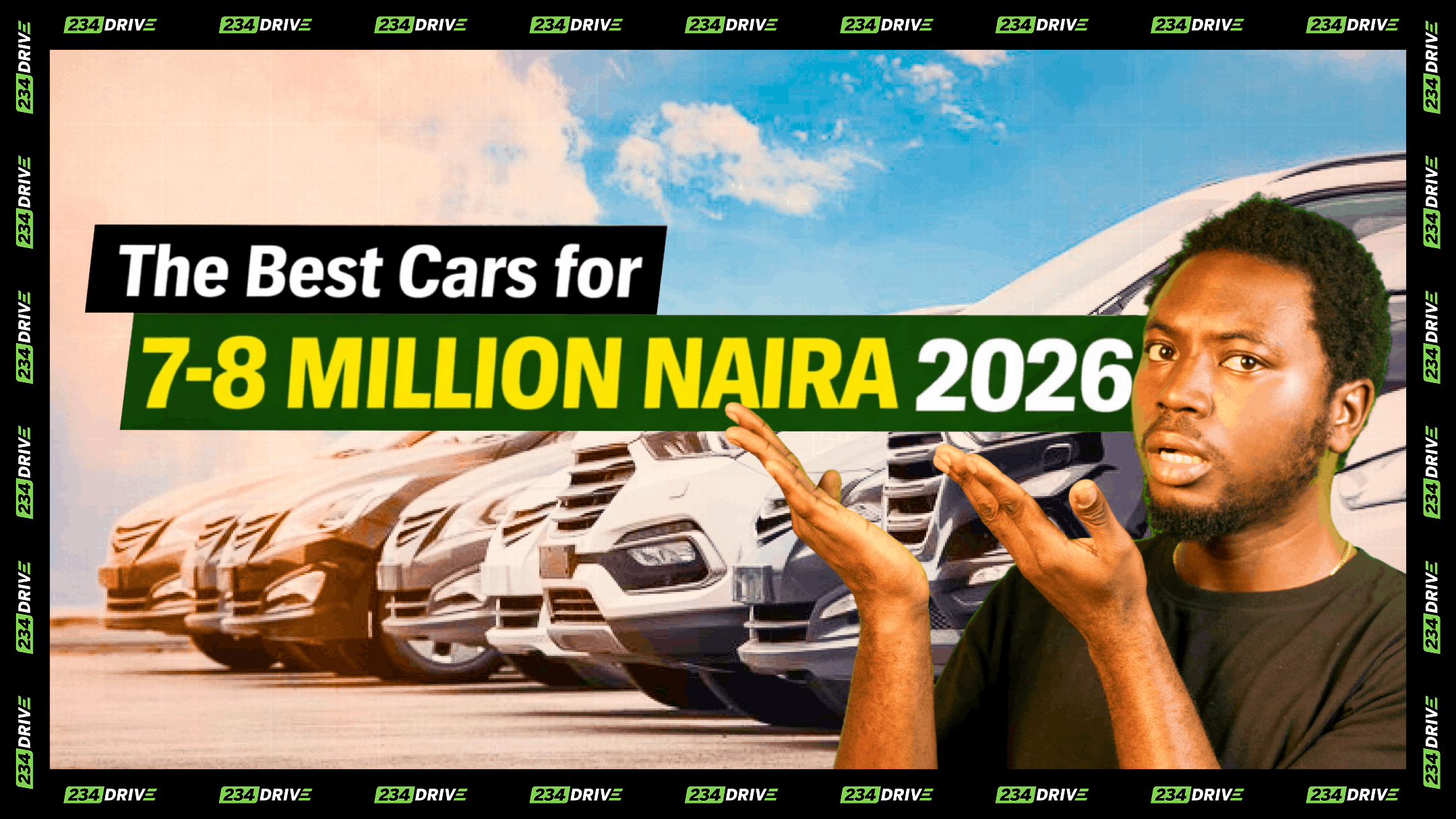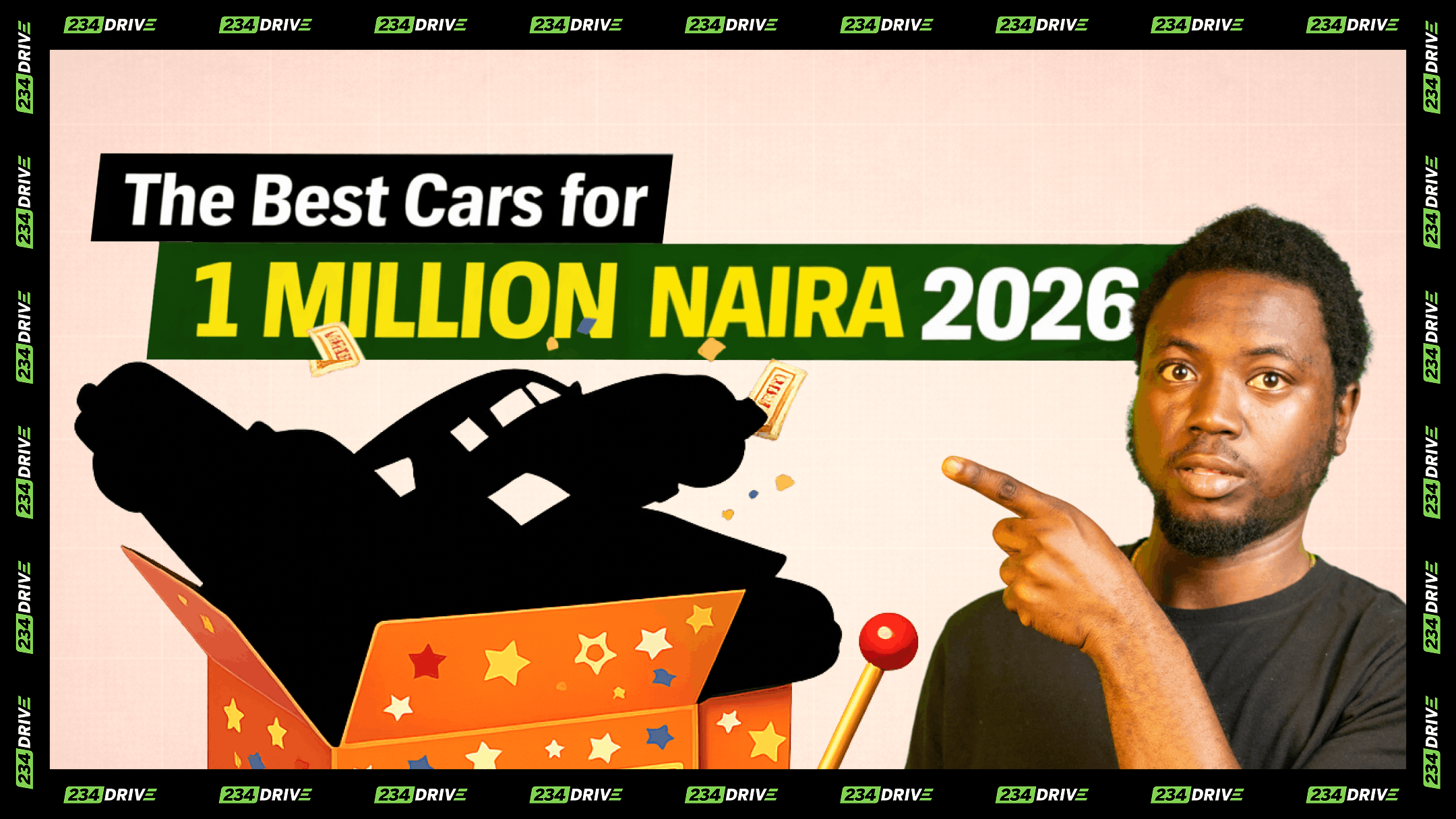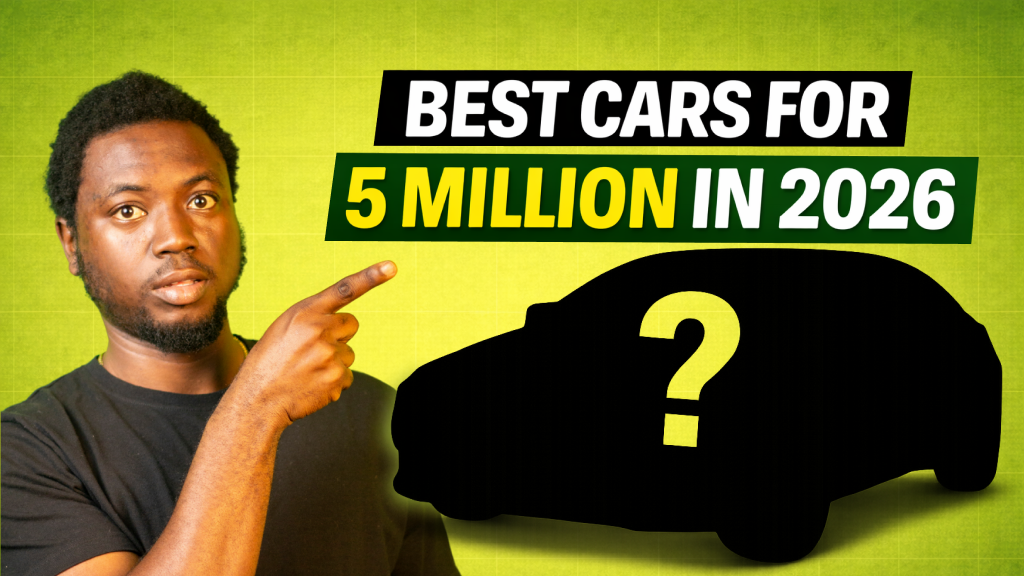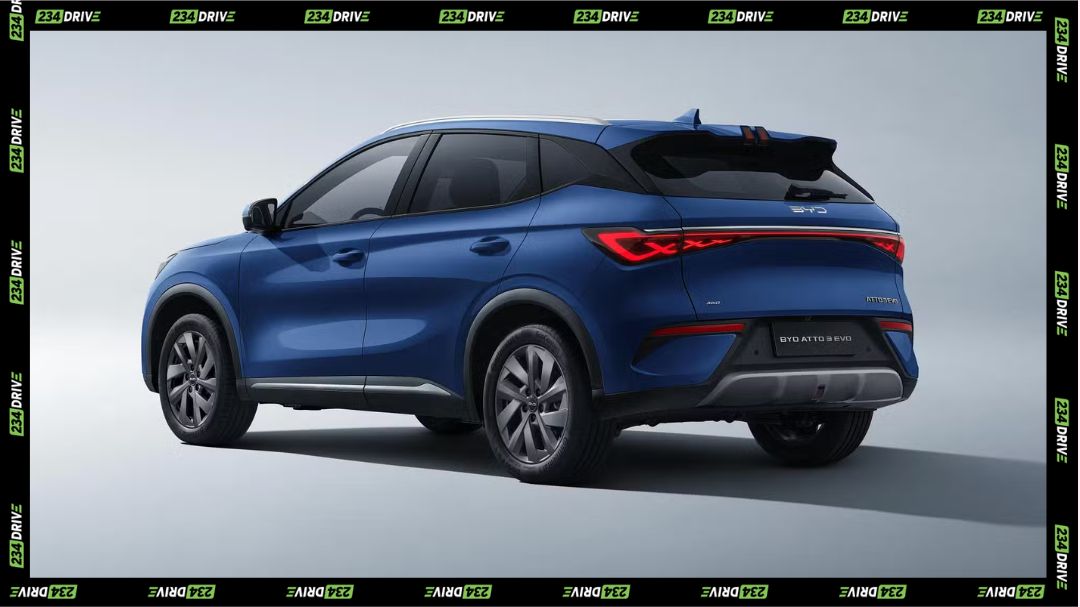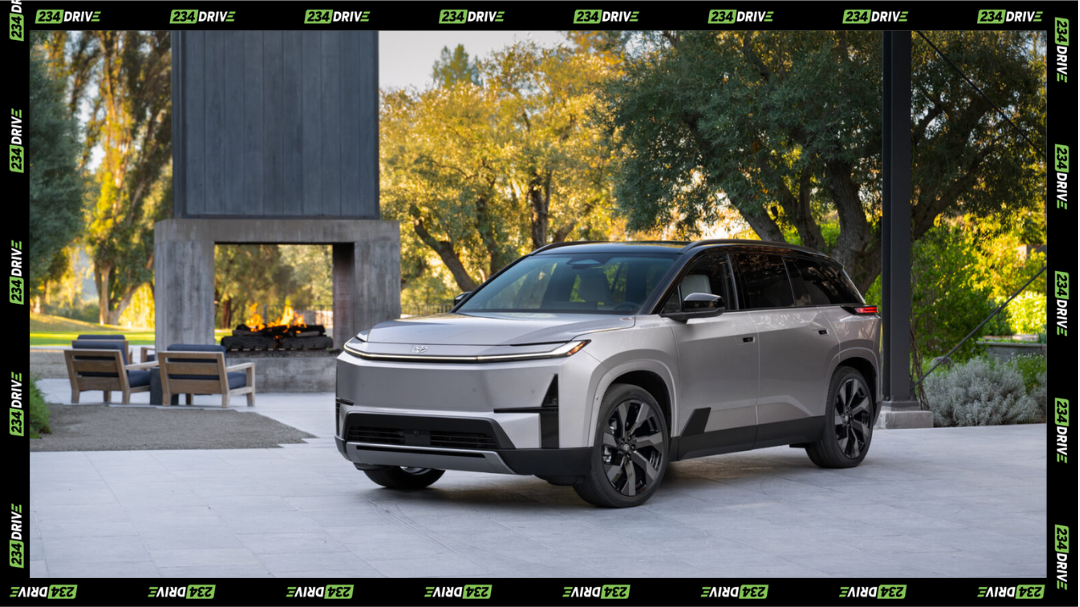The Honda Accord has undergone a remarkable transformation in Nigeria over the past two decades, charting a course from a dependable, no-nonsense family sedan to a high-tech, efficiency-focused flagship. In the early 2000s, the “End of Discussion” models became a cultural touchpoint, earning a reputation for bulletproof reliability, strong resale value, and comfort that suited both private owners and commercial users. Those cars set a benchmark for what Nigerian buyers expected in a mid-sized sedan.
Today, the 2025 tech-rich hybrid Accord represents a new chapter. With advanced safety systems, hybrid fuel economy, and premium-level connectivity, it is aimed at buyers who want more than basic transportation. Prices span from about ₦2.5 million for a clean foreign used 2003 model to over ₦18 million for the latest trims, reflecting the widening gap in features and technology. This evolution highlights not only how the Accord has adapted to global market trends but also how Nigerian consumer priorities have shifted toward efficiency, digital convenience, and long-term value.
Performance Review
The 2003–2005 Accord was powered by a 2.4-litre four-cylinder engine producing 160 horsepower, a configuration that offered dependable performance, smooth handling, and strong acceleration for its time. This blend of power and balance quickly won over Nigerian drivers who valued a car that could handle both city traffic and longer intercity drives without strain. Its engine was known for longevity, and paired with a responsive automatic transmission, it delivered a driving experience that felt confident and composed.
Fast forward to 2025, and the hybrid Touring trim pushes the Accord into a different performance league. It combines a 2.0-litre Atkinson-cycle petrol engine with an electric motor to produce up to 204 horsepower. Beyond raw figures, this setup delivers smooth, near-silent electric-assisted starts, responsive overtaking power, and an impressive 44 mpg combined fuel economy. The improved suspension systems soak up road imperfections, while adaptive driving modes allow the car to switch between efficiency and sportiness depending on driver preference. On Nigerian roads, from Lagos traffic to uneven rural highways, this evolution translates into greater stability, comfort, and all-round capability even in challenging conditions.
Interior and Technology Review
Earlier Accords offered leather seats, dual-zone climate control, and optional navigation—features considered luxurious at the time. In contrast, the 2025 Accord comes with a 12.3-inch touchscreen infotainment system, wireless Apple CarPlay/Android Auto, digital climate control, and HondaLink connectivity for remote start, diagnostics, and climate adjustments via smartphone. Cabin quality has also improved, with premium materials, better sound insulation, and ergonomically designed seating.
Exterior Design Review
The seventh-generation Accord maintained a clean, understated look, appealing to buyers who valued subtlety. Modern Accords have adopted sharper lines, LED lighting, and aerodynamic styling. Practical features like improved visibility, better ground clearance for Nigerian roads, and wider door openings enhance daily usability. The hybrid trims also feature distinctive blue accents and unique wheel designs that signal their eco-friendly credentials.
Value for Money
Historically, the Accord has balanced price with durability, making it a strong contender against rivals like the Toyota Camry. In today’s market, the 2025 Accord remains competitive, offering advanced safety features such as adaptive cruise control and lane-keeping assist without the luxury-brand price tag. For Nigerian buyers, the hybrid’s fuel efficiency can help offset higher upfront costs, particularly with rising fuel prices and the naira’s fluctuations.
What This Means for Nigerian Buyers
The Accord’s evolution mirrors the growing demand in Nigeria for vehicles that combine comfort, technology, and efficiency. Older models still serve as dependable budget options, while newer ones cater to tech-savvy buyers who value fuel savings and modern safety systems. With a strong resale market and wide availability of parts, the Accord offers long-term value whether purchased as a Tokunbo or new from authorised dealers.
Beyond the individual buyer, this evolution also impacts the broader Nigerian automotive landscape. The Accord’s continued popularity supports a thriving parts supply chain, keeps skilled mechanics familiar with its systems, and influences competitors to raise their own standards in technology and durability. Its presence in both urban centres and rural areas reflects its adaptability, and with hybrid technology becoming more accessible, the Accord is positioned to play a significant role in Nigeria’s gradual shift toward more efficient, environmentally conscious motoring.
Conclusion
From the enduring appeal of the “End of Discussion” models to the sophisticated 2025 hybrid, the Honda Accord has consistently proven its ability to meet changing market demands while keeping reliability and comfort at its core. For Nigerian drivers, it has evolved from a dependable family sedan into a tech-equipped option that can rival more expensive brands.
Buyers still have the choice between the tried-and-true older models with their mechanical simplicity and the newer hybrids loaded with digital conveniences, fuel savings, and advanced safety systems. This versatility ensures the Accord remains relevant to first-time car owners, seasoned drivers, and even professionals seeking a prestigious daily driver. Where do you stand—does the Accord’s heritage or its modern transformation appeal to you more?




